Contents :
- Introduction
- January 1st to May 1st : 1420km in 120 days
- 00km to 30km: only happiness
- 30km to 50km: so far so good
- 50km to 70km: first step into the unknown
- 70km to 95km: “If you’re going through hell, keep going”.
- 95km to 100km: journey to the edge
- 100km + 30min: the fear of my life
- Conclusion ? Next challenge ?
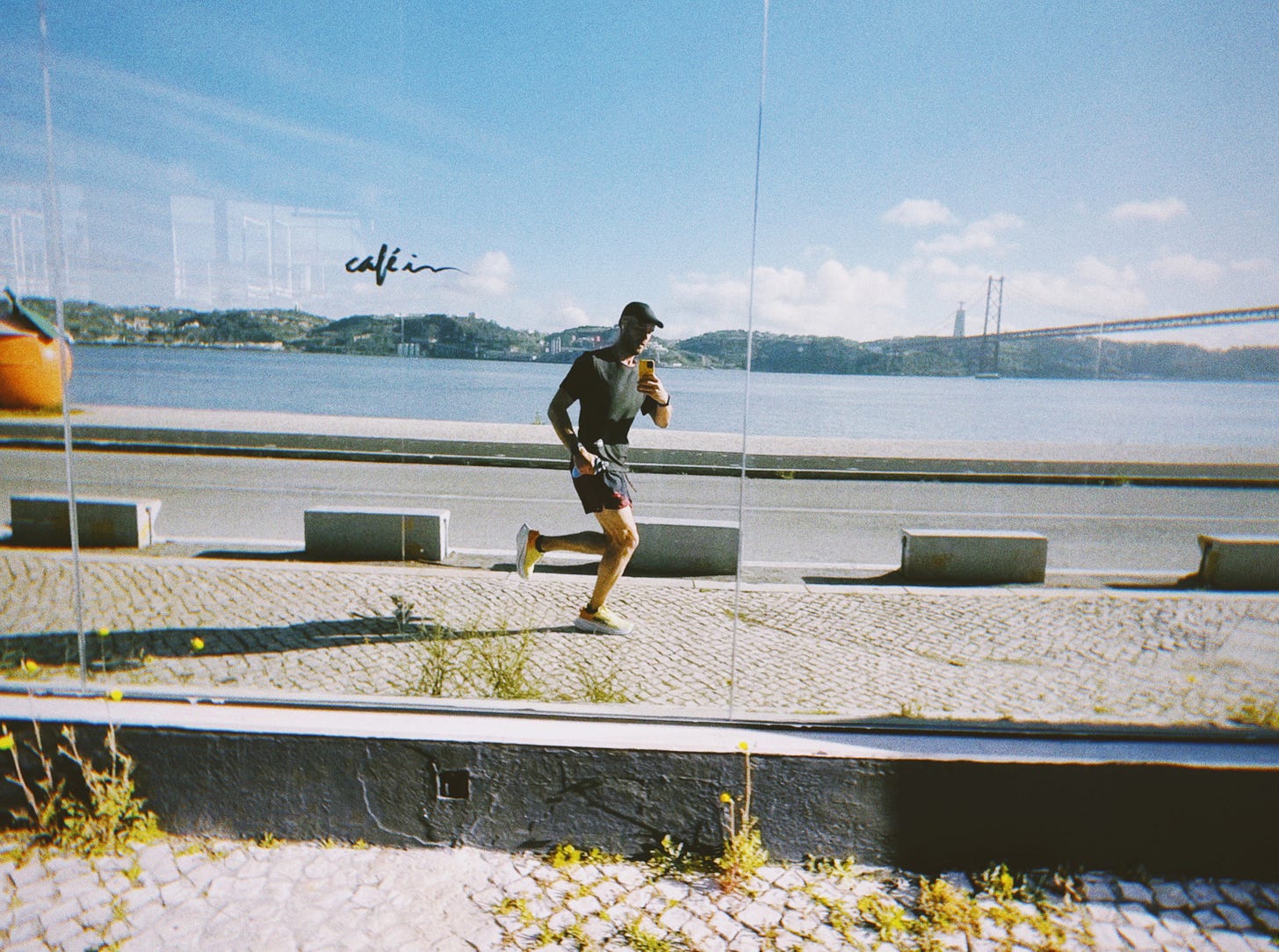
No matter how many times I reread the title of this article, I still can’t believe it. On Sunday, May 1st, 2022, I ran 100km, solo in Lisbon, in 12 hours and 35 minutes. I went through so many emotions, I have so many things to tell, that I don’t know where to start.
Maybe just by giving you the link of the newsletter that explains the origin of the challenge: “Why (and how) I’m going to run 100km on the 100th day of the year”. (in French)
And then, by the easiest: DATA DATA DATA!
- 120 days of training (January 1 – May 1)
- 1420 kilometers traveled (11.8 kilometers per day)
- 1.860.000 steps taken (15.500 steps per day)
- 390,000 calories burned (3,250 calories per day)
- 945 hours of sleep (8 hours per night)
- 41.7 average resting heart rate (over the entire prep)
- Personal best for the half marathon in Austin in 1h41m21s (strava link)
- Personal best 15km, 10miles and 20km in 1h36 (strava link)
- Personal best for 1km and 5km in 22 minutes (strava link)
- My first 20 miles in 2h53 (strava link) and first 50km (strava link)
- My first solo marathon in 4h13 (strava link)
- And lost 4 kilos the day of the race!
As you can see, the figures are quite impressive (available in excel format here). And even more with the 2 graphs below.
- The first graph shows the evolution of the number of kilometers per week and the average caloric expenditure. We can see right away that the “mileage” rises very quickly because of the time allowed, with a peak at 100km in the 8th week.
- We notice a stable average energy expenditure despite the large variations in the distances covered. Whether I run 40km or 105km per week, I remain on average close to 3200 calories burned per day.
- The second graph highlights my superpower: sleep anywhere/anytime. Managing to maintain 8 hours of effective sleep per night is probably the main reason for my lack of injuries (and ability to endure the effort)
- We notice a slight increase in my resting heart rate: 40.2 in January to 49.3 in March and 45.1 in April. This can be explained by my body’s need to “increase” its recovery capacity, especially during the sleep phases.
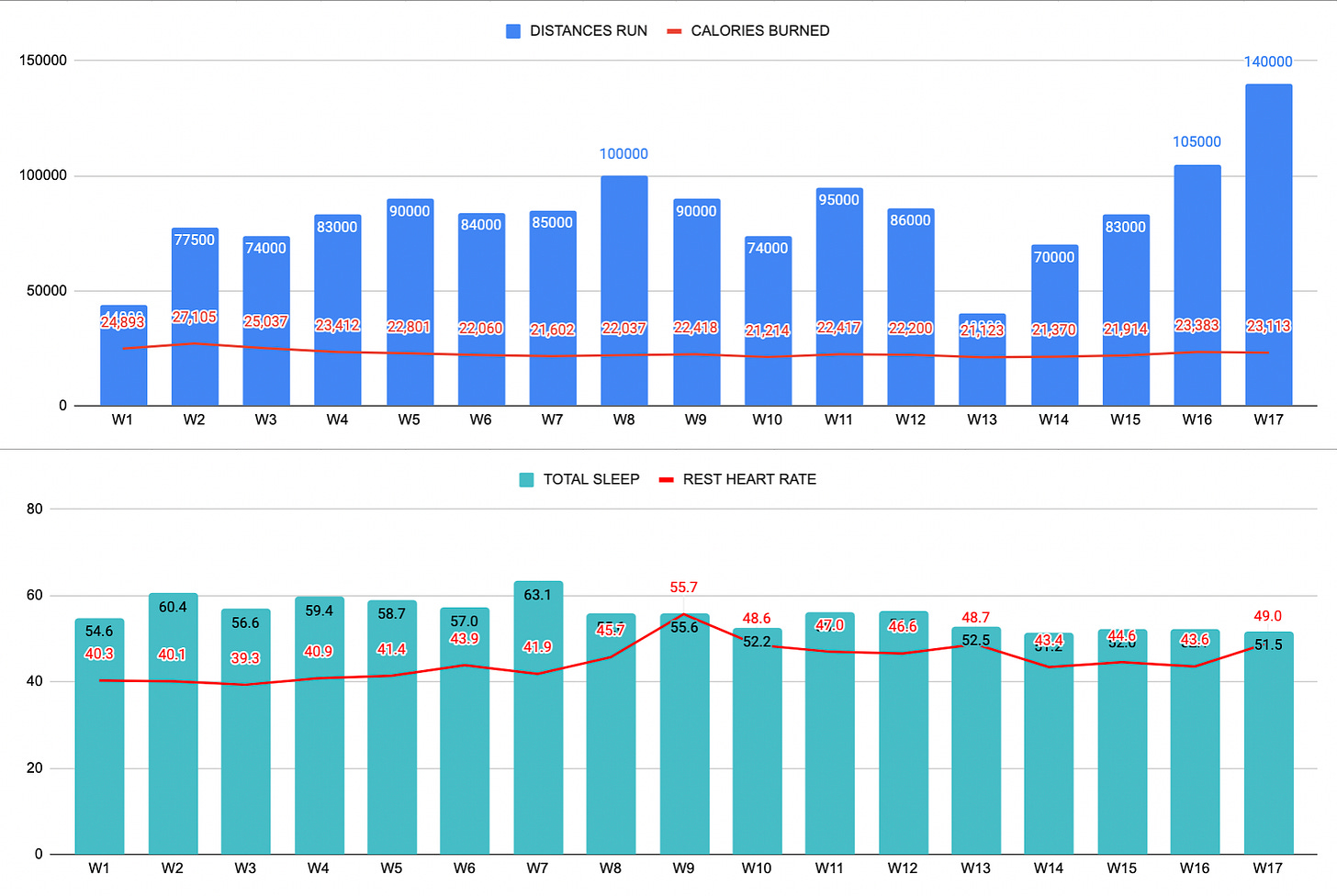
Let’s get to the heart of the matter. I’m going to approach the race step by step, feeling by feeling, in the form of big chapters. These 100km have been more than an adventure, a real journey to the edge of myself. Thinking about the structure of this article, I see 5 main chapters to tell you the story.
But before entering the race, I propose you a small paragraph on the training phase. Let’s face it, the race and the consecration at the end are the submerged part of the iceberg (“what we see”), but the biggest part of the work is the 4 previous months!
January 1st to May 1st : 1420km in 120 days
The most important thing is not the race itself, but the whole preparation phase that allows you to launch yourself with confidence in the idea of succeeding, on D-day at 06h00 in the morning. Before being able to run 100km in one go, there are many steps to validate. I will summarize them as well as possible in this chapter
1 – Make the objective measurable (and time-bound)
Since you don’t change a formula that works every time, I applied once again “my method to achieve all your dreams 10x faster than everyone else” (published in April 2021). The first step is to make the goal measurable.
When I came across this video (link here) that made me want to become an “ultra-runner”, I easily arrived at the following (slightly crazy but it’ s not fun otherwise) measurable goal: “manage to run 100km in one day on the 100th day of the year.” (i.e. April 10)
2 – Get a coach
I then hired a coach (Maxime Lopes) to make sure the challenge was feasible, to start in the right direction and to avoid as many mistakes as possible. Despite his doubts about my ability to achieve this feat in 100 days, he decided to support me with an ambitious training plan (fit 9 months into 3). In his words, “it’s doable, but hang on tight Maxime because you’re going to have to go hard… and starting tomorrow.”
The only downside to the overall coaching, which became apparent towards the end of the preparation, was the lack of “experience by himself” on a 100km race. As the race approached, I felt it would have been nice to have a coach “who has done it before”. But rightly so, he pointed out to me that there are few requests for challenges of this magnitude and that the majority of people crazy enough to take on a 100km race are often well experienced in the subject. So few requests = few “100km” coaches. Make sense.
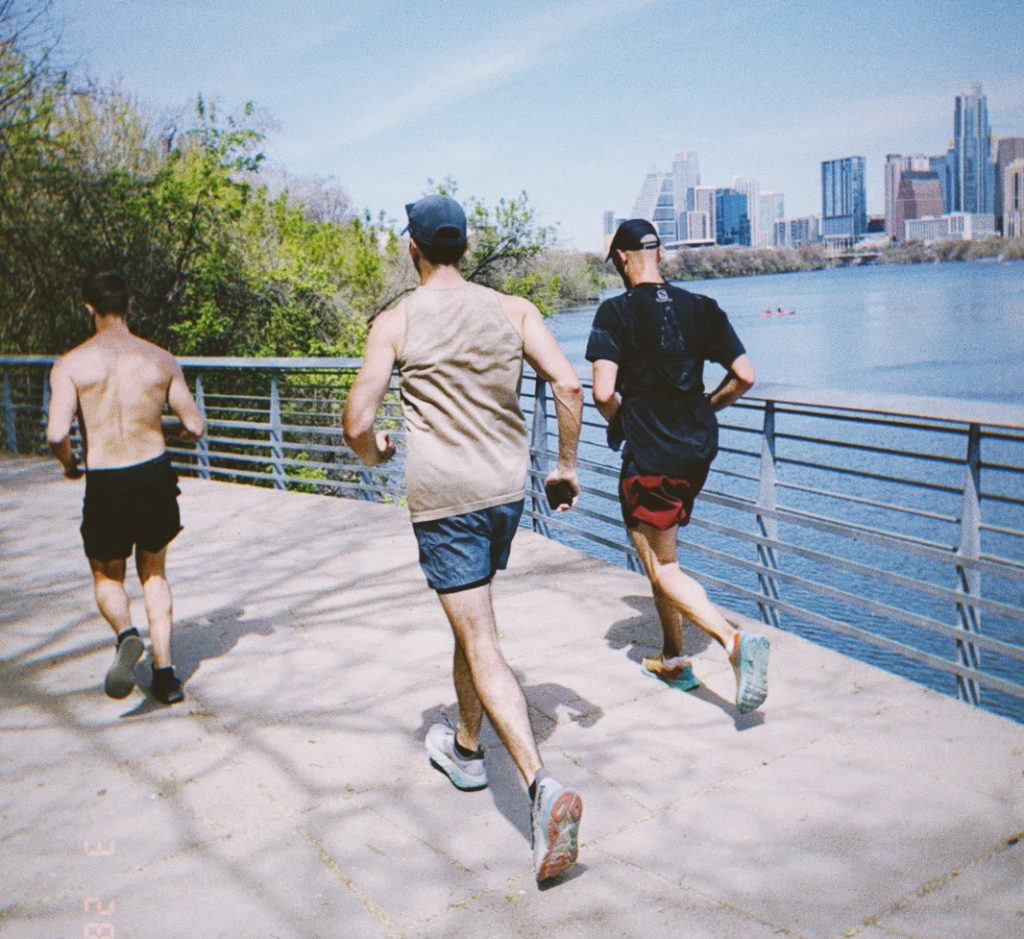
3 – Create a “no motivation” system
Then it was as silly as it was mean. Don’t look at the top of the mountain (or you’ll crystallize) but break the goal down into steps so small that you won’t need motivation to get there.
Before running 100km, you have to pass the 50km race. But before running 50km, you have to test yourself on 30km. And in order to test yourself over 30km, you must already (quickly) reach a weekly volume of 85/90km.
And to run 90km per week, keeping one day of rest, it makes an average of 15km per day. If we start on 10km from Tuesday to Friday, there are 2x25km to do in the weekend. Yes, that’s a lot.
But like my last 100 dreams, little by little, one step at a time, the impossible becomes possible. I started on 45km the first week, without forcing myself, to get confidence, then we moved on to 75km. After a month, the 75km seemed normal, so we pushed to 85km. Then 90km. Then 100km in week 8!
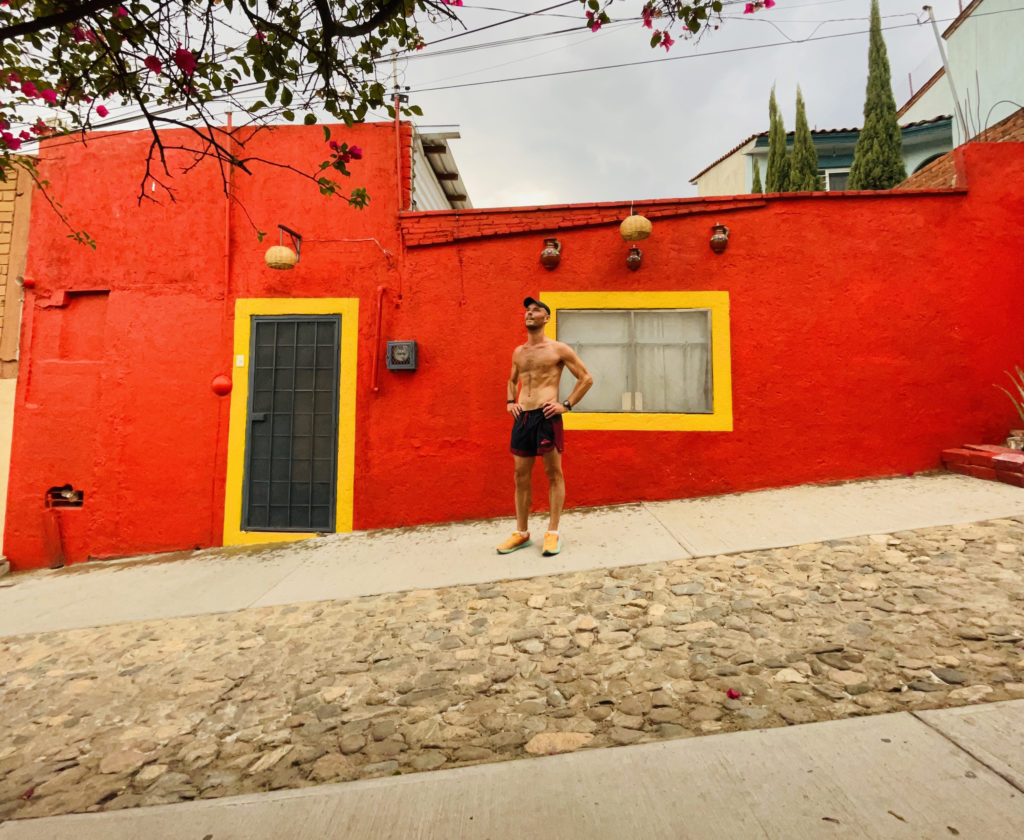
4 – Know how to slow down but not stop
It takes time to create a good habit, but 2 days to break it. For physical challenges, it’s the same thing. You have the right to find it difficult or to move the finish line. But you don’t have the right to stop. If you have to, scale back again and again, but keep taking a step toward the goal each day.
I had three very hard moments mentally:
- March 21 (strava link): day 80 of the preparation, my body suddenly stopped, as if the power had been cut off, after 5km, on a Monday morning in Austin. I saw my body go into “danger alert” mode and my mind focused solely on the shortest route home. Pretty scary, I must admit.
- The week after the 50km (strava link): the end of my 50km was so violent and unpleasant, at all levels, that it took me 4 full days to recover. I forced myself to do some jumping rope to keep some tension and not to drop everything. I went back with an 8km, then 10km, then 12km…
- The 10 minutes at home after finishing my 100km, but I tell you about it in conclusion.
With the 4 days difference on the planned schedule and my unexpected passage in Oaxaca at the beginning of April, we decided with my coach that it was healthier to postpone the race from April 10th to May 1st, for the time to recover my spirits but especially to come back to Lisbon (with its favorable temperature and its flat courses).
5 – Success = 95% training + 5% “showing-up”
I can only confirm this adage. During the week before the race, called “deload-week”, where you completely unload the volume to “juice”, I realized that I was ready. The day before the start, I felt capable of running 100km. The impossible (4 months before) had finally become possible.
It is obvious that a 100km race is prepared physically, but it is also prepared technically. Especially when you are alone and your home is your only refueling point.
To give you an idea, during the day, I burned 10.000 calories, drank 14 liters of water and lost 4kgs. To maintain my energy during 12 hours of effort, nutrition and hydration must be managed with great precision: eat every 20 minutes, drink every 10 minutes, have 60/70gr of carbohydrates per hour in the belly, recharge all the nutrients and macro-nutrients continuously …
Last detail: the goal being to finish before midnight, I set myself a start time of 06:00 am, to be sure to have time, without losing too much sleep either. I was successful in this respect with 6h52 of effective sleep the day before the start.
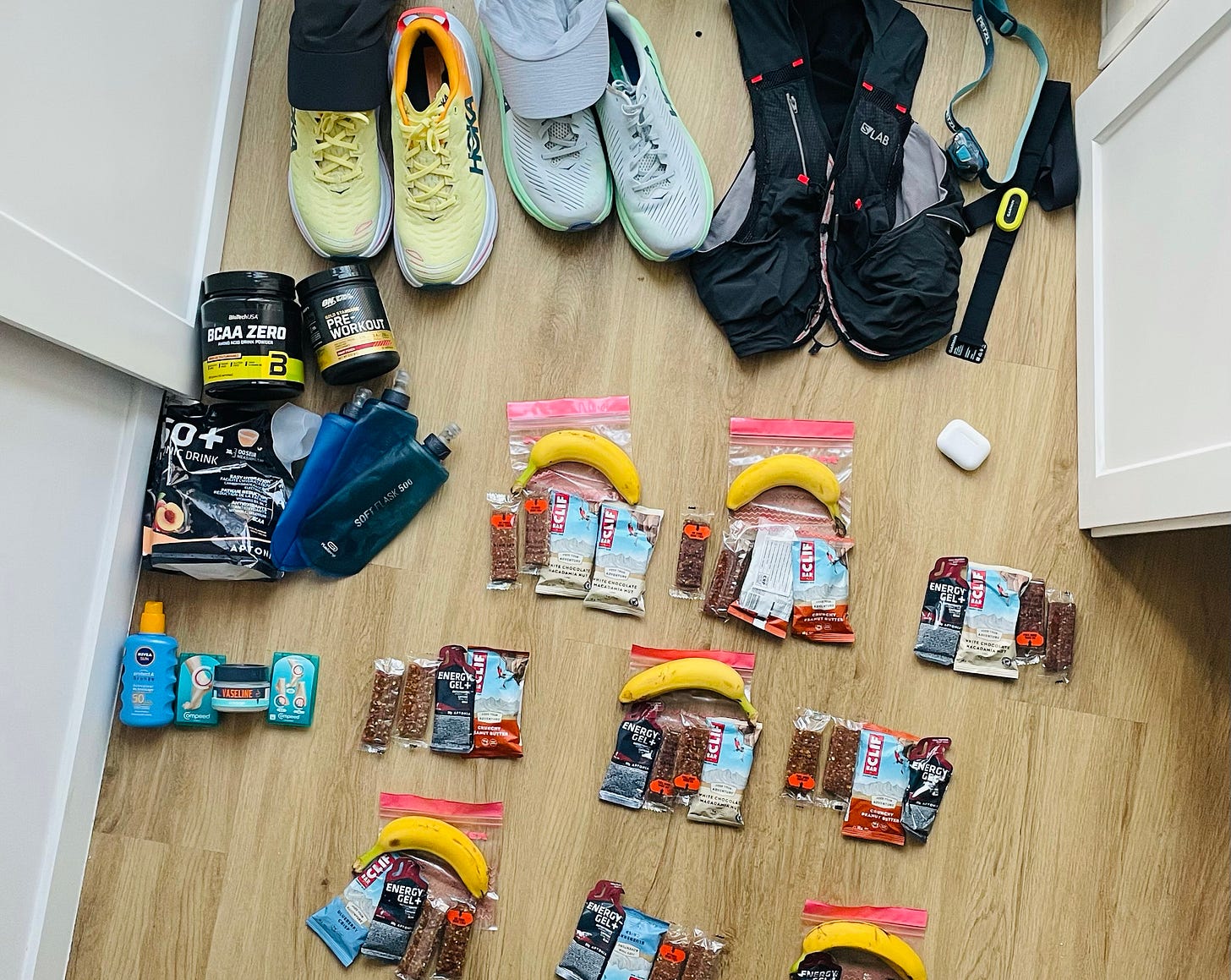
00km to 30km : only happiness
-00:30 : Wake up at 05:25 am to have a good half hour to get ready. The goal is simple: eat 4 huge peanut butter/raspberry jam sandwiches, get dressed and have a black coffee to ensure a bathroom break before departure.
00h00: My first goal of the day is reached: start right at 6am. It’s a detail, but it puts me in a good mood. I see that the temperature is pleasant and the light is already coming.
00h30: I cross the exits of the nightclubs along the bicycle path. I laugh at the completely amazed look of these drunk or drugged people who look at me as if I was an martian. In fact, I understand them!
01h30 : After 90min and 15km, I arrive without any problem at the beautiful Vasco de Gama bridge. As soon as I leave the center of Lisbon, I will meet almost nobody on my way. I turn around just after the bridge, to reach the first checkpoint of the day.
03h07 Back home to change my clothes, fill my water bottles and reload my pockets with energy bars and gels. On the advice of my coach, I also take the opportunity to change my shoes. After 3 hours, the cushioning is completely damaged on the shoe, so the fact of alternating, allows the shoe to recover its initial shape.
03h10: While descending the 10 steps which separate my apartment from the street, a moment of lucidity crosses my mind, I realize for a moment in what I got myself into and how long the day will be…
03h12: A stranger, Maria, saw my post on instagram and offered to walk with me for 5km before lunch time. She is waiting for me at the exit of my house. Quick exchange to get to know each other, while I finish eating my peanut butter / jam sandwich, and we slowly start running again in the direction of Belem.
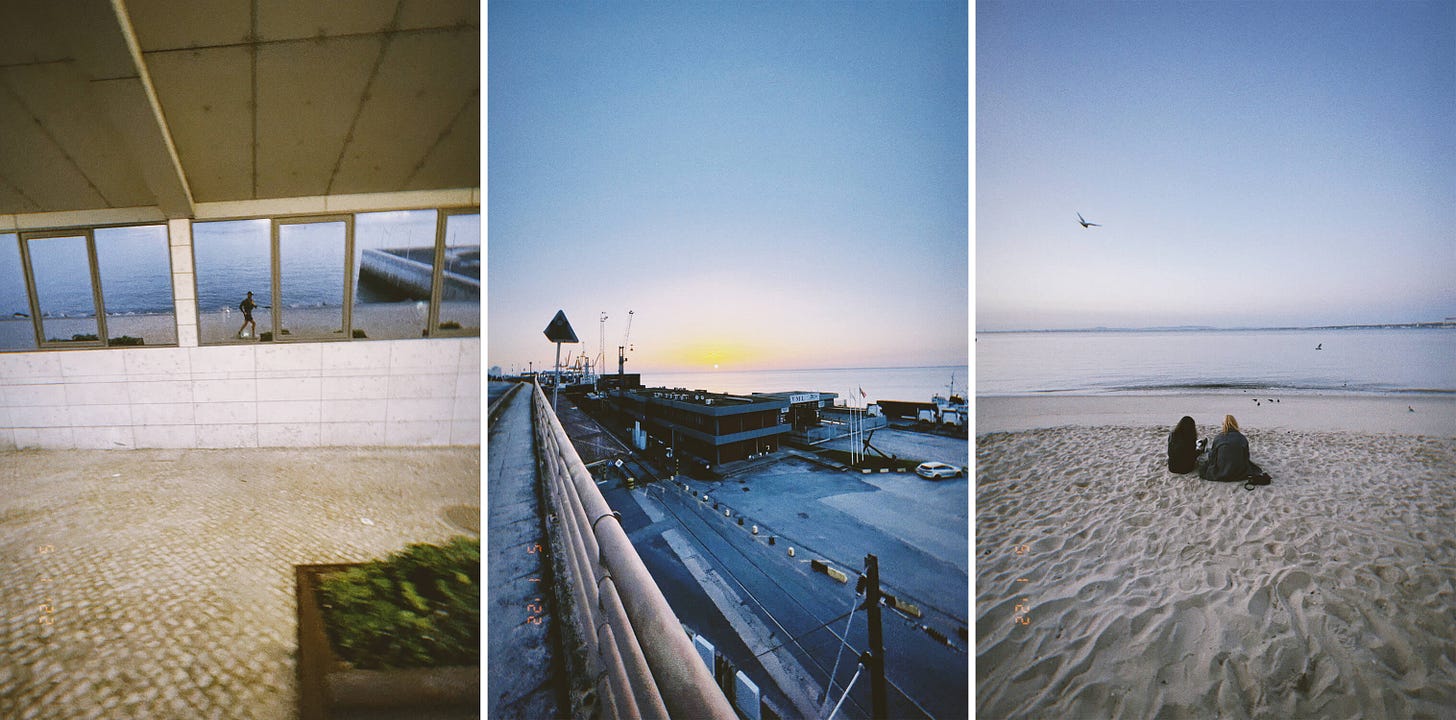
30km to 50km: so far so good
03h36: Maria seems tired after 3km and decides to walk. My goal is different: I want to keep my pace as long as possible, before the cramps start to drastically decrease my average speed. I propose her to walk while I continue to turn around in Belem.
03h55: I pick up Maria on the way back who agrees to join me until the 40th kilometer. The fact of having a discussion gives two important advantages: my mind is focused on something else than my physical sensations and it forces me to keep a light (and constant) rhythm to be able to talk without being out of breath.
04h17: I’m waiting for the 40km without too much difficulty, nor problems on the horizon. This makes me feel better, because I was afraid of reliving the 50km race in Austin, where all the lights went in the red at kilometer 40. The heat is gradually rising and I am back to running by myself. My speed has decreased slightly but is still decent at 6:25/km. Still no cramps in the legs. We continue smiling!
04h31 : new important checkpoint in my runner’s life : my 2nd marathon ! A burst of pride comes over me as I realize that these 42km, a challenge for many, is “just” half of what I will do today. This race has literally put me in a different category.
05h30: back home for the 2nd checkpoint of the day, just before noon as planned at the 50th kilometer. This is an important moment, because I am now entering the unknown. I have no idea how my body will react from here on. I notice that it becomes very hard to keep eating. My stomach is closing up just from the smell of the CLIF bars I’ve been eating since sunrise. First light flashing on the dashboard…
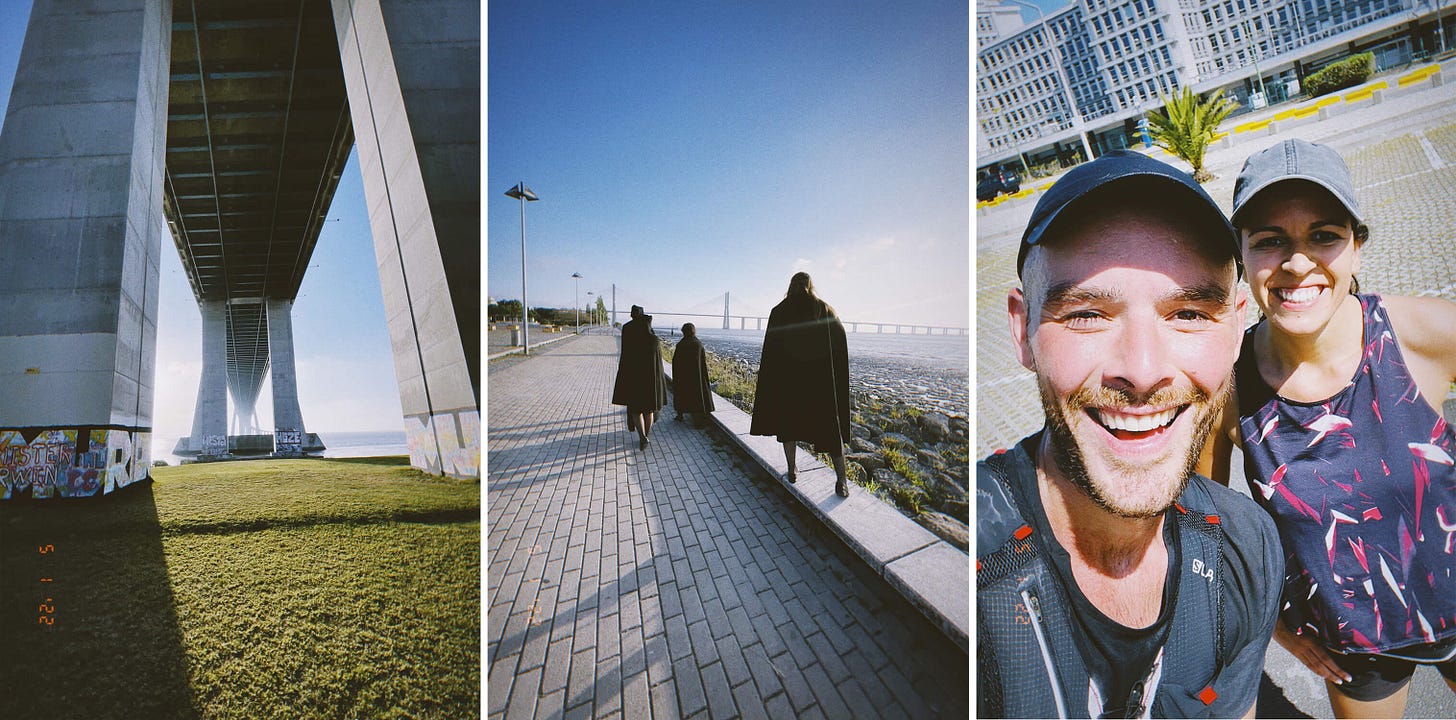
50km to 70km: first step into the unknown
05h41 : Good news! Sam, a friend in Lisbon, offers to meet me at Praça do Comércio with his wife to ride with me for 10/15 km in 1 hour. Perfect, I leave in direction of the square, that I will reach 20min later.
06h20: 56km on the counter, I turn around to join Sam. If my calculations are right, I will be on the square at km 60.
06h47: I find Sam and his wife with as expected, with 60km on the counter. They are full of energy and all smiles. I take the opportunity to let myself be carried and follow their steps, which gives me a new boost! My run becomes more jerky as the day goes on. I run for about 2 minutes then 1 minute walk. The sun is at its peak, it’s very hot. I notice how much salt I lose, my black tshirt is covered with white stains (see picture).
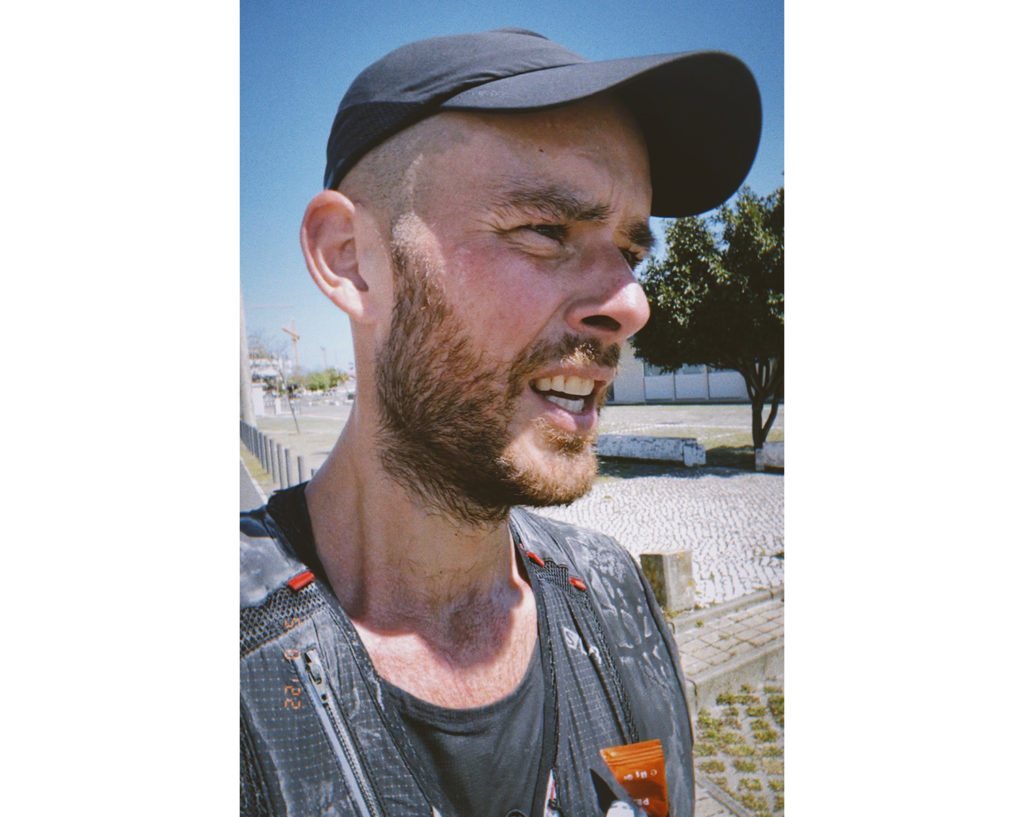
07h49: We reach Belem again, with this time 68km in the counter. We make half-turn in front of the magnificent monument “Padrão dos Descobrimentos”. My average speed approaches slowly 7 minutes to the kilometer. In fact, I run easily around 9 minutes per kilometer. It’s a real dilemma in endurance sports: if you go too fast, you can crash in mid-air. But if you go too slow, it can add hours to the clock and increase the risk of giving up.
08h08: I cross the 70km mark, still with my two friends. A quick look at my watch, I’ve been running for 8 hours now. I can’t believe it. I decide to let them go on and go back home to make a pit stop. I have the feeling that we are “finally” going to get into the hard part…
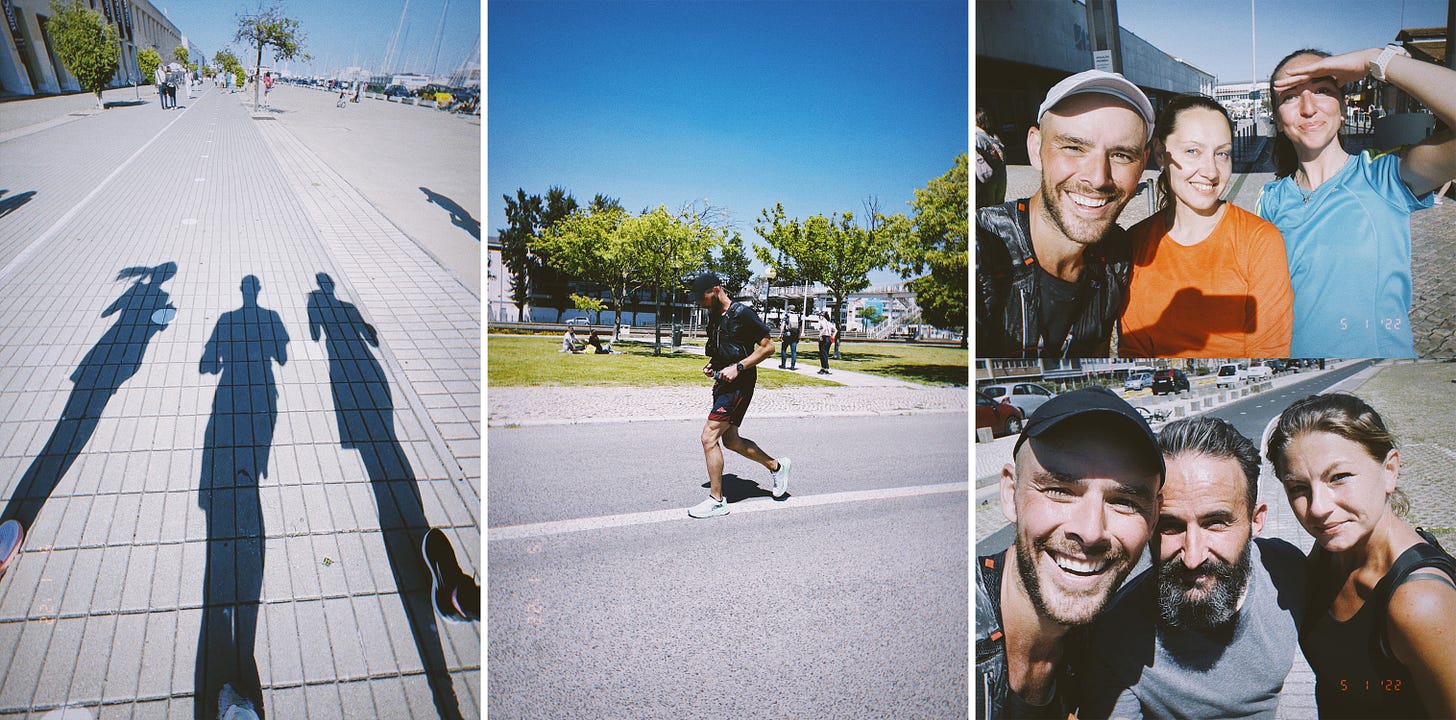
70km to 95km : “If you’re going through hell, keep going.”
08h39 : I am back home for the 3rd checkpoint. I refill my water bottles and my pockets with energy bars and I change my shoes one last time. To make myself happy, I even change my cap!
08h45: I close the door of the building, I am in front of my house. I take the time to eat my peanut butter/jam sandwich (the 7th of the day). New good news! A new stranger, Natalia, offers to come and run 10km and waits for me at the “jardim sá da bandeira”, next to Timeout Market. Let’s go baby!
09h00: Just when my watch indicates 9 hours of running, I find Natalia. We decide to go back to Belem.
09h35: It will take me 1h30 to do 10km and reach the 80km mark, that is a speed of 6.7 km/h. Clearly, I am not far from a “dynamic” walk which is estimated at 6.4 km/h. Anyway, I can’t do better. Like I’m at the max of the max (no play on words).
10h00: 83km on the counter. My speed per kilometer is slowing down. I have violent cramps on the back of my thighs, my buttocks and my calves. Even the bottom of my feet are starting to hurt. All the lights on the dashboard are flashing. The body screams “Stop. Please. Stop.”
10h12: My friend Margaud joins us at kilometer 84 to run 5km with us. I start laughing a lot, imagining what people think when they see me running like a zombie surrounded by these two pretty coaches: “oh look at the poor guy, it seems so hard for him, while for the other two it seems so easy. He doesn’t seem to be comfortable with running, the young man, he shouldn’t force himself like that“. And me, in my head, the little voice screaming: “I’ve been running for 10 fucking hours!
10h47: Return to the Time Out Market to drop off Natalia (who has to take her train). We go back to the east with Margaud to aim for the 90km. I cannot speak any more nor think. All my attention is directed towards my legs. To make some meters by jogging, to wait that the pain is too strong, to walk some meters, to wait that the pain is bearable, to start again…
11h03 : Here we are. Last straight line. Last 10km. What’s 10K in a 100K race? What’s 10km in a lifetime? 10km is nothing. You’ve already done it hundreds of times, Maxime…
11h32 : Margaud leaves me, I find myself alone “one last time”. I put my airpods on and start an electro mix of Pretty Pink. I need a fast tempo, with big bass. At this moment, I don’t know that I’m a few meters away from a physiological collapse…
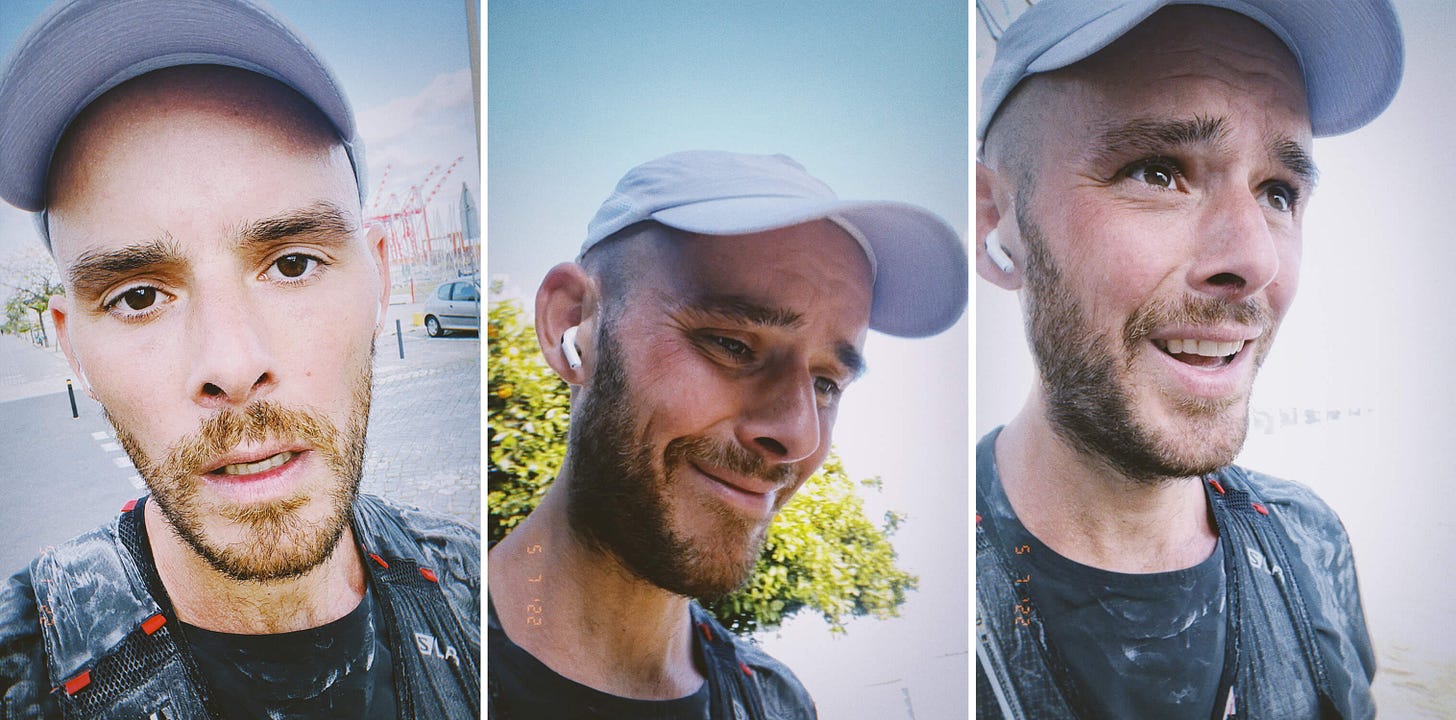
95km to 100km: journey to the edge
11h50: I’m getting close to 12 hours of physical effort. A hell of a day! The equivalent of a Paris – Los Angeles. When my watch rings for the 95th time, to announce the 95th kilometer, I collapse in tears. I literally can’t take it anymore. I can’t run, I can’t walk, and I can’t even stand because of the pain in all my legs. I am crying because I am starting to imagine failure. The worst kind of failure. To fail with 5km to go…
11h59: I get dozens of messages on instagram and whatsapp. People see that I’m breaking down. Every little message and voice note gives me a little energy boost. My friend Badr says to me, “Dude, there’s just no way you’re quitting with 5km to go, so stop focusing on the finish line and focus on the next 100m. Run 100m, walk 100m. Each 200m block is a success in itself. Forget about the remaining 5km, focus on the next 200m”. Sir Yes Sir !
12h08: Kilometer 97. Only 3 more to go. I regain my energy as I approach the finish line. Little by little, I come out of the shadows to find a glimmer of hope, I see the end of the tunnel! I realize that it is now “almost certain” that I will make it. I don’t see what could happen in 3 kilometers. Go Max Go!
12h17: Kilometer 98. I cry, I am in all states. I go from joy to sadness, like in an endless roller coaster. My body is completely high on pain and endorphins. I can’t see beyond the tips of my feet. I count to 10 in my head, then I walk. I count to 10 again, then I run.
12h26: Kilometer 99. Oh My God, this is happening! I’m going to do the impossible!
12h35: Kilometer 100. The final beep of my Garmin. The 100th beep of the day. The beep of deliverance. I look at my watch to save my run. A horrible thought crosses my mind: “imagine the watch crashes and the race doesn’t save!”. Fortunately, the screen changes and shows me the feat in 4 numbers: 12 hours and 35 min of running, 100km covered, 7:33/km average speed and 7000 calories burned during the effort.
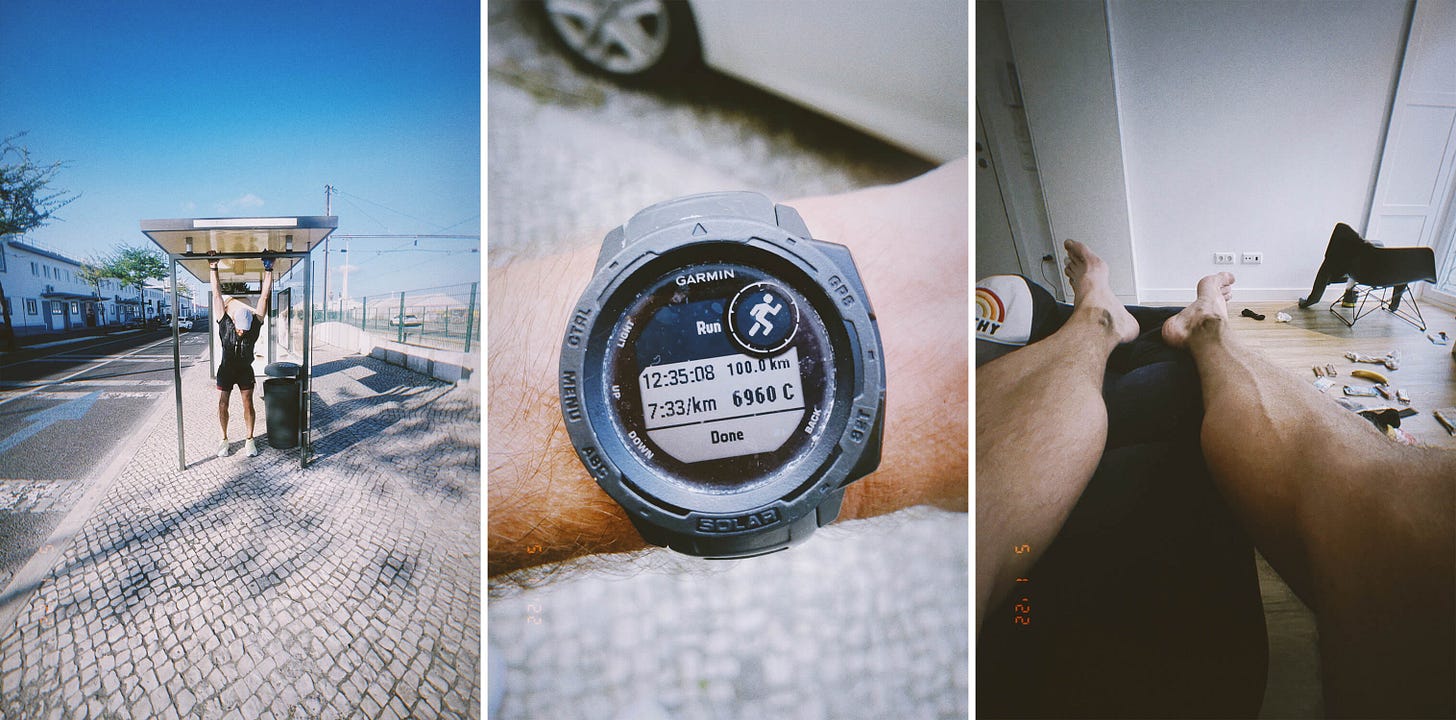
100km + 30min : the fear of my life
Right after I made sure the run was saved on my Garmin, I sat down along the sidewalk. But all of a sudden, my mind started to panic. I felt like my body was shutting down by itself and I was in the middle of the street…
I hurry home, climb the 10 steps to my apartment, turn the key and sit on the couch. I get terribly scared. I don’t understand what’s going on. It’s as if all the vital functions of my body are shutting down by themselves, one after the other. My body starts shaking by itself, my teeth are chattering, I have goose bumps.
“Okay Max, if you go into a coma now, you’re home alone, you can die. Focus.”
I call Brianna and ask her to stay on video-call with me, just to see what’s going on. I’m crying, shaking, shivering. It’s just horrible. I’m so cold… Hearing someone talk to me makes me feel better. I will stay for long minutes, inert on the couch, in the lateral position of safety, in the darkness of my apartment. Yes, the sun is already down.
After 30min, I use my last resources to undress and take a hot shower, which will make me feel good. 60min after having opened the door, I finally get back to my senses. The fear is gone. I heat up a plate of pasta.
10pm. I go to bed realizing two things: the incredible adventure I have just lived (Thank you my body!) and that the night is going to be complicated (I have cramps whatever my position in the bed)
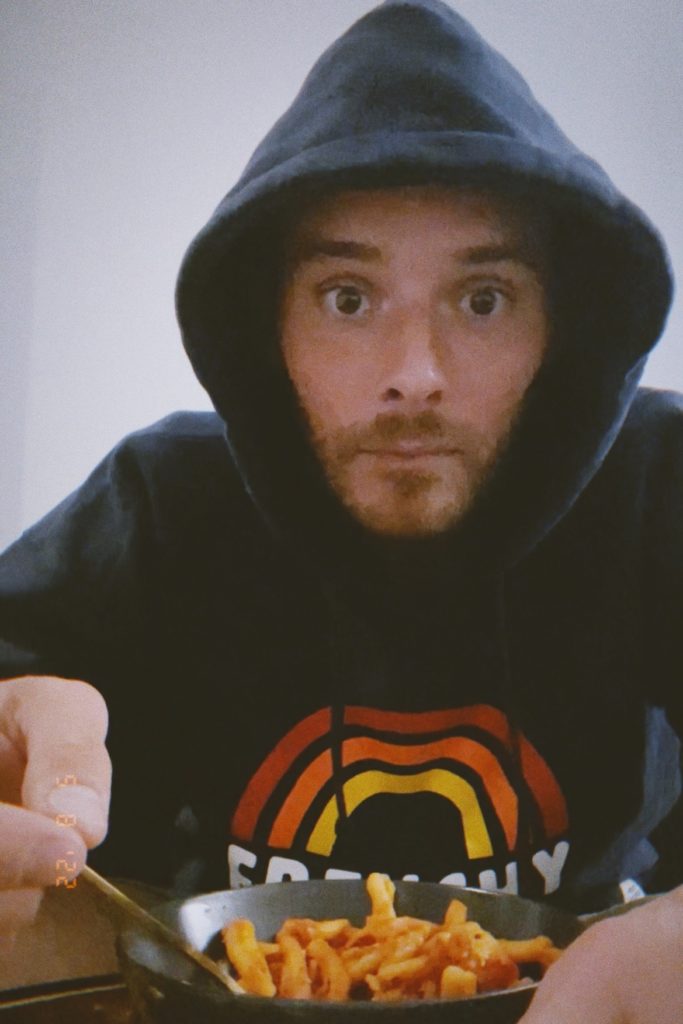
Conclusion ? Next challenge ?
This new realized dream shows once again that “everything is possible”. That we have no limits, both physical and mental. Humans are truly an incredible phenomenon of nature, which has been evolving (for better or worse) for thousands of years.
When I look at my bucket list and its +70 dreams realized since January 1st, 2020, I really realize how we have no limits: climbing the Mont Blanc, reading 65 books in one year, bike-packing alone in New Zealand for 1200km of cycling, learning a 3rd language or spending 4 days in the Mexican jungle without speaking or eating or drinking.
And again, this challenge demonstrates the power of my method. If you take motivation out of the equation, set a measurable goal and the associated “small wins” system, then you can literally achieve anything. Even your wildest dreams.
Everyone is unique and different, for some people “running 100km” may take a year or more of preparation, but I guarantee that if you run a little bit every day, after a while you will be ready to start a 100km.
So, what ? what’s next after a 100km?
We can move on to the upper category: “Run 100 miles (160km)”. But let’s cut that short right now. I don’t want to go back to an endurance challenge, but NOT AT ALL.
As I write this, 1 week after my race, I put the shoes back on for a short 10km under the Lisbon sun. I had fun, I felt good but 10km was more than enough. I don’t see myself giving back running as much importance in my day as I did in the last 4 months.
Running 10 to 20km a day impacts your life much more than you think. For example, when you have to run 20km in a day, you have to think about when the training will be, so you have to organize the rest around it. You have to think about what you are going to eat, whether it is going to be enough. You also have to think about what time you will go to bed, so prepare your evening accordingly. 20km represents about 2 hours of running, to which you have to add the 15min before and 30 min after, that is almost 3 hours in total. Not to mention the physical and mental fatigue for the rest of the day. In other words, your life revolves around your training, not the other way around.
So it’s time for me to move on. Another physical challenge. I will announce it in a few days on my newsletter (available here). And yes it is already found. I’ll give you the title: “Next challenge: run (very) fast and lift (very) heavy”!
A question? Click below!
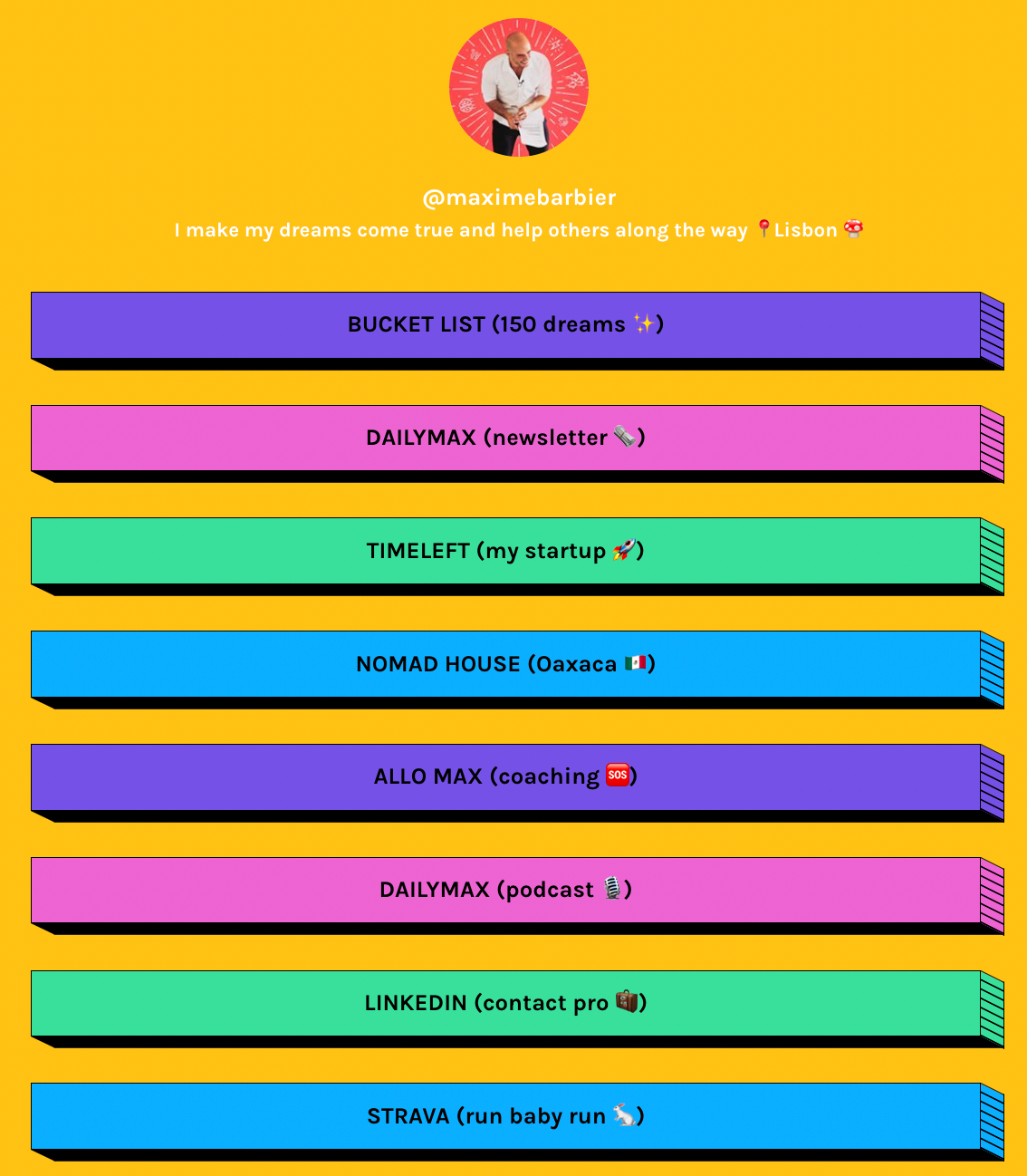

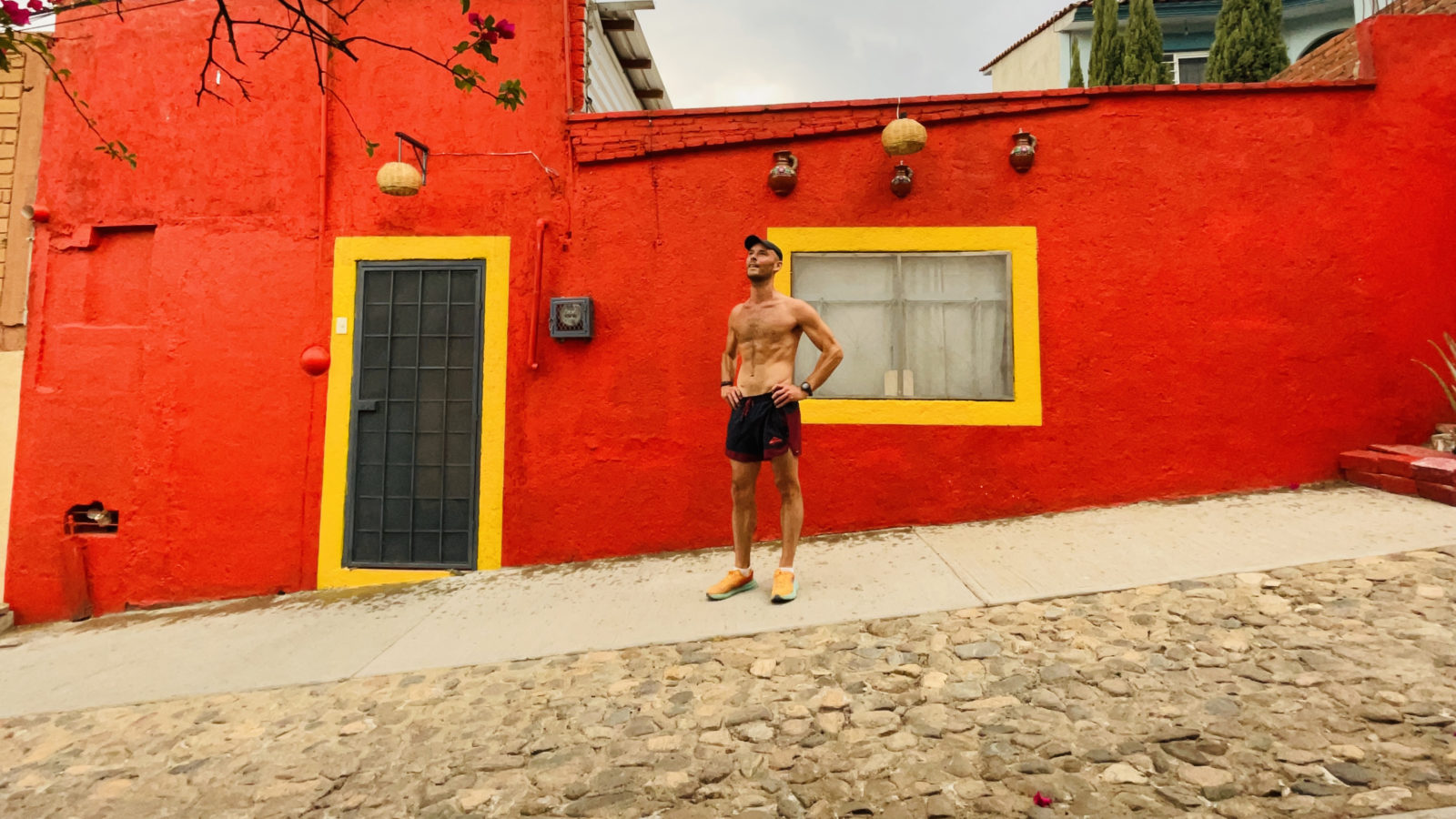


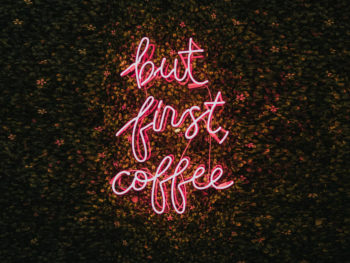
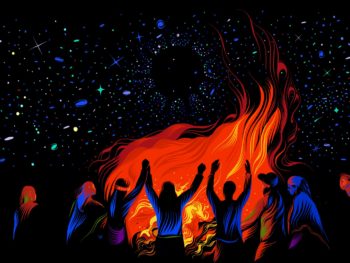
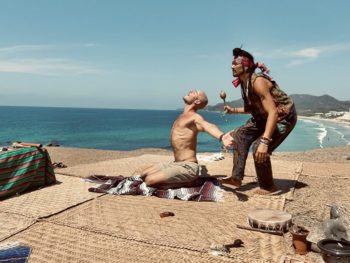


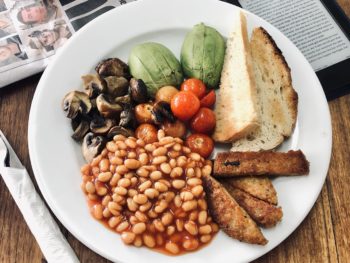
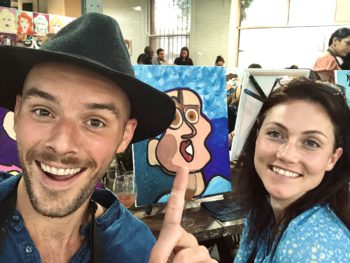
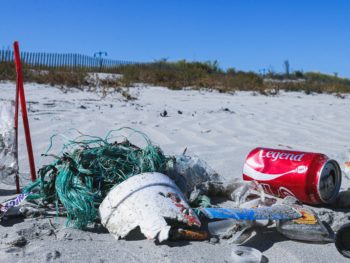
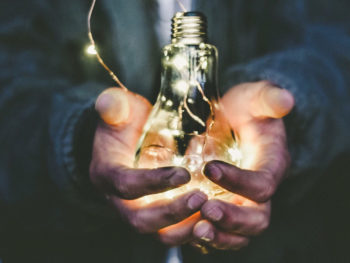
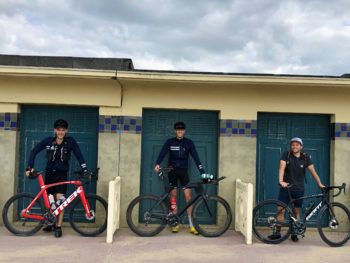
 Vision Quest : the complete list of my 52 intentions
Vision Quest : the complete list of my 52 intentions